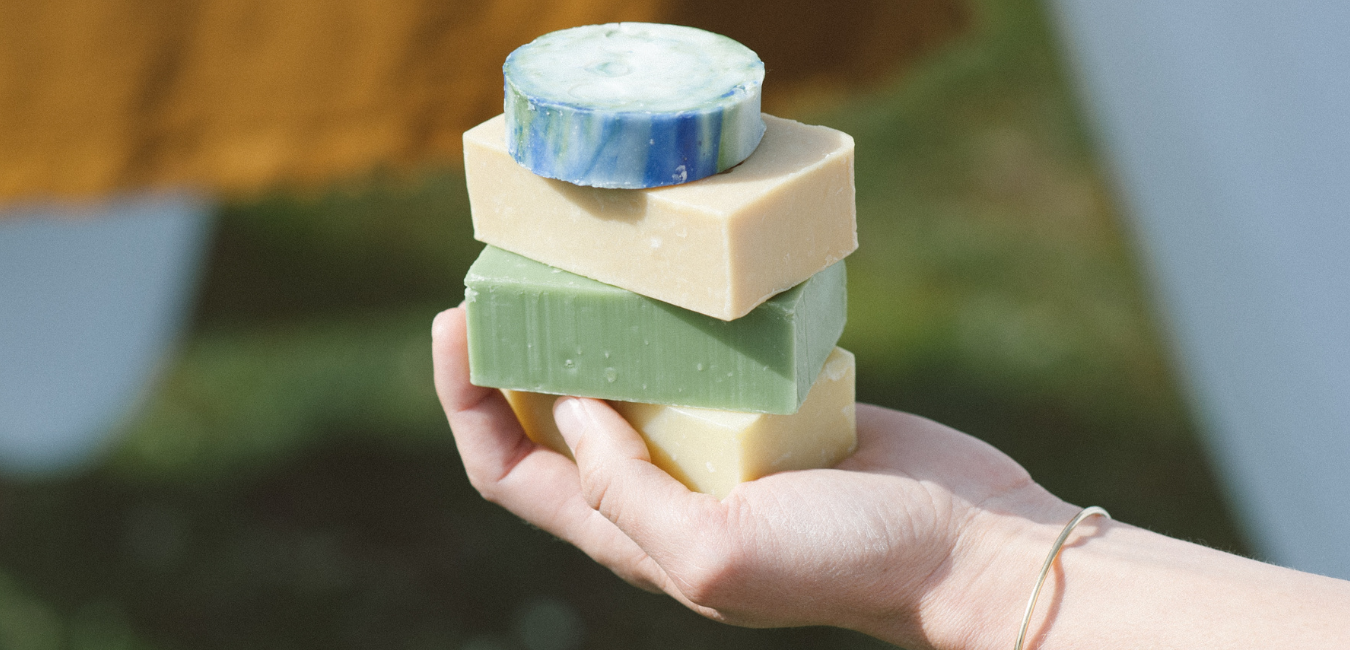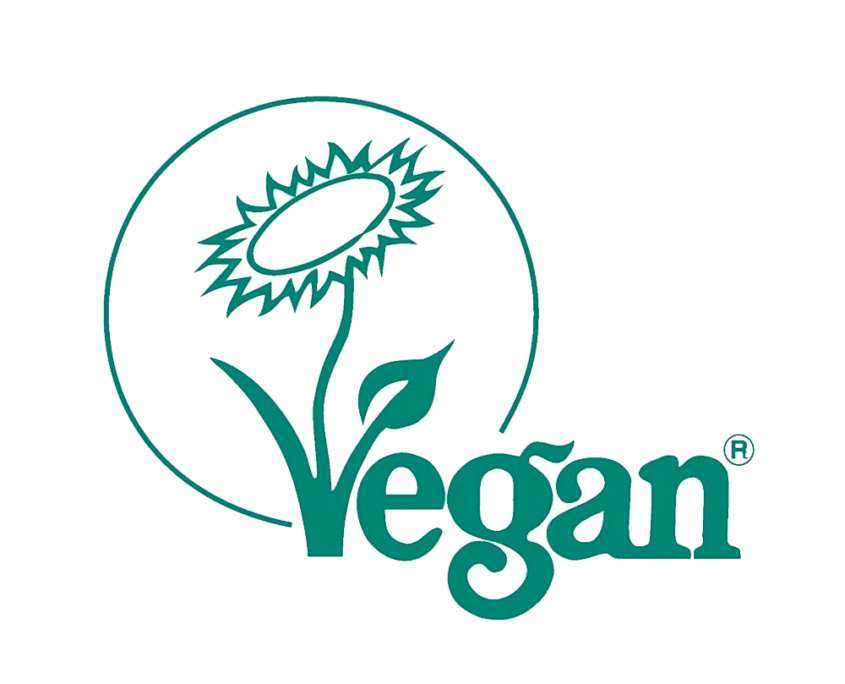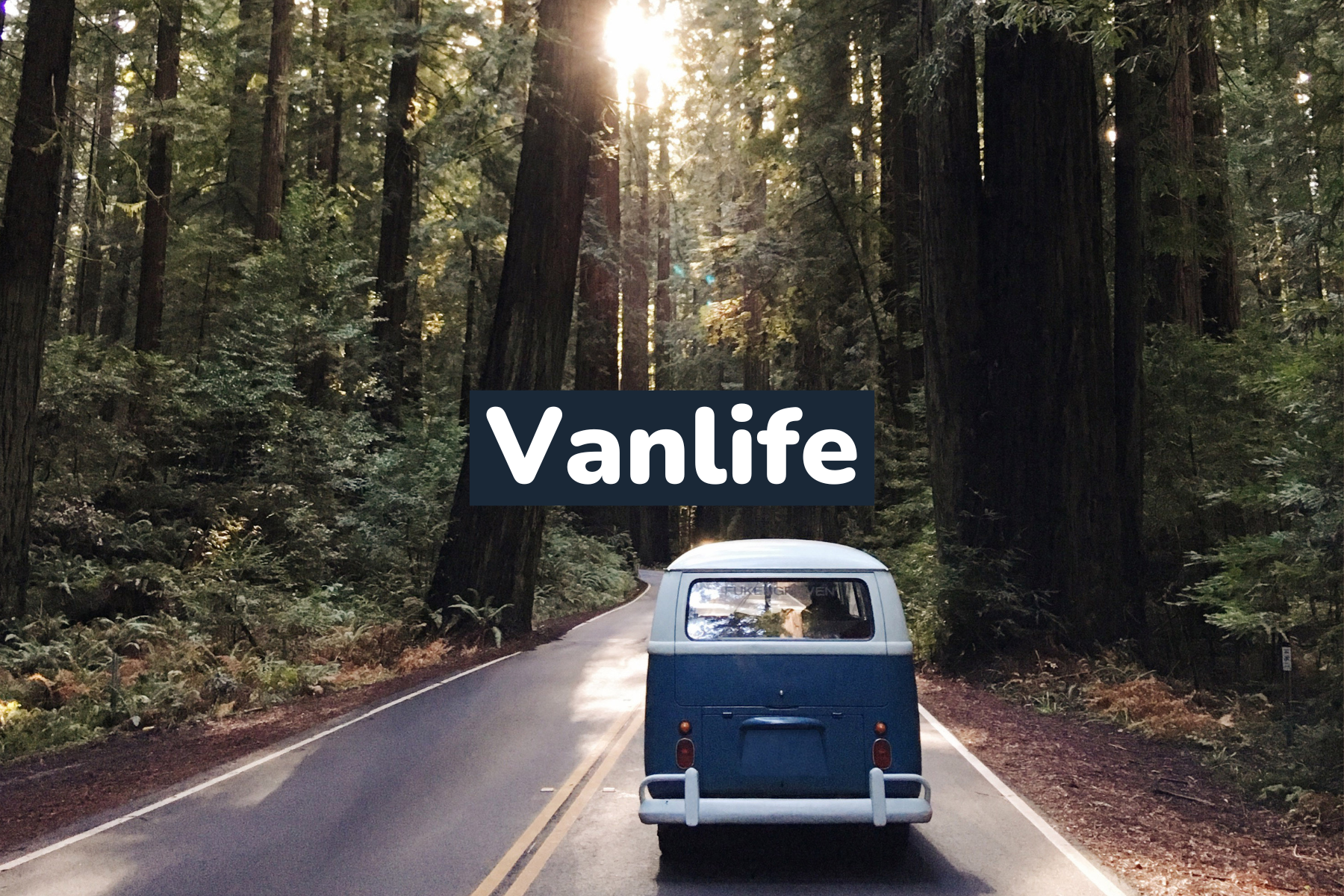
Organic labels and certifications in cosmetics: how to navigate?
For a few years, the organic labels and certifications flourish on the labels of our products. Although they all look more or less similar, they are far from having the same meaning. Some mentions are stricter than others and reflect the brand's commitment to the environment or health. What is the difference between a label and a certification? What are the standards and obligations of the label Nature & Progress ? What are the main vegan mentions?
What is the difference between a label and a certification?
Many brands of products or accessories in our daily lives claim to be certified or labeled. However, a label and a certification are not subject to the same regulations.
The certification
For a brand, the obtaining of a certification is a process that requires rigor and commitment. By definition, for a product or service to be certified, it must be subject to a strict procedure which allows it to be certified. quality and compliance. The certification must be carried out by an independent organization and meeting the requirements of the standard ISO/IEC 17065 dating from 2012 (updated in 2018). Note that in France, this type of procedure is regulated by the Consumer Code.
Generally, obtaining certification validates the commitment of a product or brand. It is a voluntary process which certifiescompliance with a set of requirementsspecified in specifications. If there is a marketing issue which brings visibility to the certified element, in particular thanks to the logo, this is not the only objective. Obtaining certification also highlights the company's values. It is also an opportunity to create or maintaina bond of trustwith the customer.
The label
The label also certifies the quality of a product or accessory. It brings together a set of requirements specified in specifications and can be issued by a public or private organization. Obtaining a label must be the subject of a strict and impartial regulatory procedure, carried out by an entity that can attest to its rigor and independence. However, their multiplication obscures the values of some who find themselves in the background despite their commitment. In theory, a label is less regulated than a certification. In practice, each label is different and may be subject to very strict regulations.
The Ecocert group and COSMOS certification
At sloe, our products carry the Ecocert, COSMOS and Nature & Progress. A strong commitment, which reflects the values we hold.
The Ecocert group
The Ecocert group is a certification body that has been around for over 30 years. It all started in 1980, with the founding of a movement in favor of organic farming. At the time, he committed to a healthier and more environmentally friendly agricultural systemTen years later, the Ecocert group is created and the first certifications are issued. Established in France and internationally, the company is at the origin of numerous certifications. Through them, the group wishes:
- integrate a respectful approach of the environment throughout the production of a food or cosmetic product, or an accessory;
- develop ethical supply chains and socially responsible;
- ensure transparency and traceability of the ingredients of each certified product.
Since 2002, Ecocert supports cosmetic brands seeking to limit their impact on the planet and on health. Thanks to the creation of the international standard COSMOS, the group supports the development ofhealthier and more responsible cosmetics.

The COSMOS certification
There certification COSMOS is aimed at all cosmetic products formulated fromorganic and natural ingredients. Once delivered, it guarantees that the products are:
- transformed in respect for the environment and health of the human being;
- manufactured without petrochemical ingredients and committed to the development of green chemistry;
- made from responsible use of natural resources;
- respectful of biodiversity and non-GMO ;
- protected by a recyclable packaging at least.
For more information, Ecocert makes available the COSMOS reference on which the group relies to deliver its certification.

Nature & Progress, a committed mention
Quality label recognized by peers, Nature & Progress is committed to a more responsible daily life, in accordance with the values it conveys.
The Nature & Progress Association
Founded in 1964, Nature & Progress is an association which has strong values and which supports the development of more respectful food and cosmetic products of the environment, people and biodiversity. Its values are based on:
- respect for the balance of ecosystems who surround us;
- the health of men and of the Earth;
- the rise of local, short-circuit peasant agriculture;
- sharing knowledge and know-how, as well as the development of social bonds.
Formerly attached to the Agriculture Biologique brand, Nature & Progress became independent in 1993 in order to preserve its values.
The mention Nature & Progrès
The mention Nature & Progrès has existed since 1978. At the time, organic farming was still in its infancy. It is aimed at brands that are able to demonstrate their commitment to cosmetic products that are more respectful of the environment as a whole. To do this, it relies on a specifications written by him, as well as on a charter to which its members commit.
The cosmetics that carry the Nature & Progress label are:
- non-GMO and formulated from natural ingredients, without pesticides or chemical fertilizers;
- made in an artisanal way, in the respect for natural cycles soils, animals, and plants;
- produced within structures on a human scale, which highlight local and solidarity.
The association Nature & Progress also established a Participatory Guarantee System (SPG), an innovative operation which allows validation by a third party of compliance with the specifications by the labeled entity.

Vegan labels
Increasingly popular with consumers, the vegan label is developing gradually. However, it is not controlled and applies outside of any legislative framework. It depends on private or public organizations that wish to influence positively brands’ commitment to veganism. Today there are around twentyofficial vegan certification agencies, considered independent and recognized by the community. In practice, any certified vegan food or cosmetic product undertakes to ensure that its composition does not contain any product of animal origin.
Among vegan labels the most common, we find:
- Eve Vegan (FR): it is the only French certification body (Eve Vegan Europe) in the field of veganism;
- Vegan Society (UK): created in 1944, it is the oldest vegan label. It guarantees the absence of ingredients of animal, vertebrate or invertebrate origin;
- The V-Lavel (CH): this European label certifies vegan or vegetarian products.
Be careful not to confuse vegan mentions with labels « cruelty free » (cruelty free). Although no violence is committed against animals, these products may nevertheless contain elements of animal origin. Finally, “vegan” does not mean “organic”, they are two uncorrelated notions.

The multiplication of certifications and labels helps support the development of brands committed to a sustainable future. At sloe, we are committed to offering you responsible cosmetics and accessories. This is why we know are holders of the mention Nature & Progress And our natural toothpaste in tablet form is certified COSMOS. More than a sales argument, it is a guarantee of quality consistent with intrinsic values of our brand.




